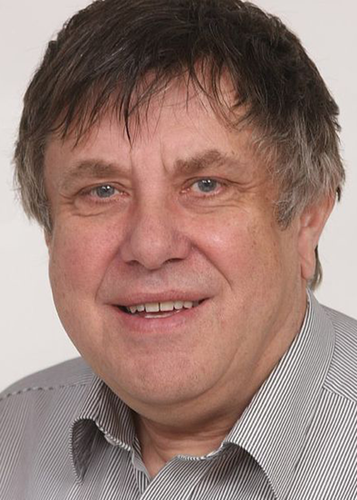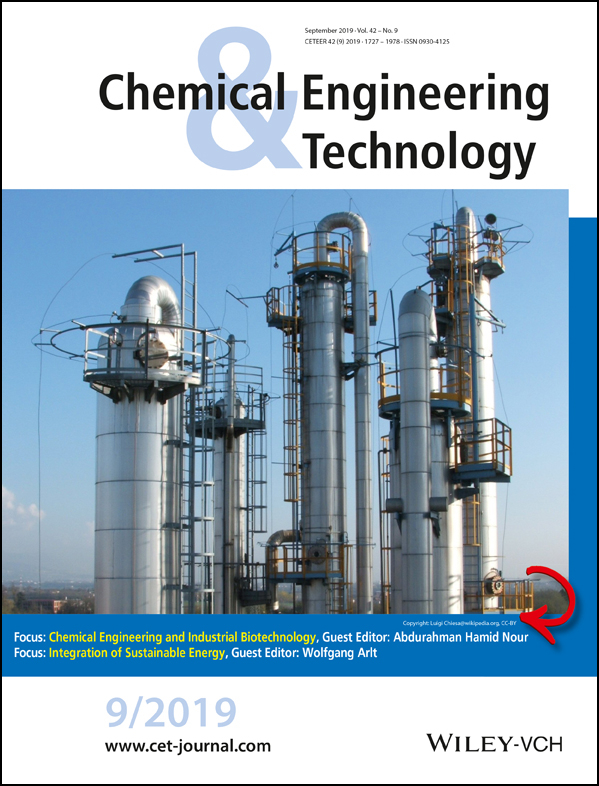Integration of Sustainable Energy: ISEnEC 2018
Abstract
No abstract.
The specialty of the Integration of Sustainable Energy Expo & Conference (ISEnEC) in Nuremberg is that it covers many fields of the transition to renewable energies, namely, the storage of energy, combined heat and power, solar technologies, green production, urban development, integration of different technologies, paths of renewable generation, simulation and market design, the building of smart grids, and mobility.
The conference in July 2018 offered the opportunity to obtain a broad view of the state-of-the-art. It is the understanding of the participants that only the cooperation of different scientists like chemists and engineers together with people from business administration makes the change to renewable energy possible.
In order to show the broad concept, selected studies were combined for this special issue of Chemical Engineering & Technology. The energy supply of a city with different renewable energy sources should be modelled as outlined by the contributions of Pauksztat und Scheller. Öchsner from Fraunhofer Institute IISB installed a test field with different units to show the interaction between different sources and consumers. The results indicate that it is possible to supply a city with renewable energy. It is advisable to identify the parameters hat govern the energy demand of consumers. Mutschler-Burghard has developed an Excel tool for this purpose.
Also, in the times of total renewable energy supply and in the time between today and this date, turbomachines must be used. They are developed with lower friction and thus better efficiency. Turbomachines can be operated by hydrogen and are thus CO2-free. They produce the idle current needed in the net.
Renewable energy is not available continuously, so a storage solution is needed (hybrid energy storage system, HESS). The combination of different storages, in the contribution of Böhm these are exemplary a redox flow battery and a fly wheel, provides an advantage and reduces costs.
Very interesting is the application of hydrogen in the form of liquid organic hydrogen carriers to mobility, but the subject was discussed controversially. Meanwhile, it looks like battery-based mobility is not the only solution for tomorrow.
Prof. Dr. Wolfgang Arlt
Professor Emeritus, Friedrich-Alexander-Universität Erlangen-Nürnberg
Conference chair





